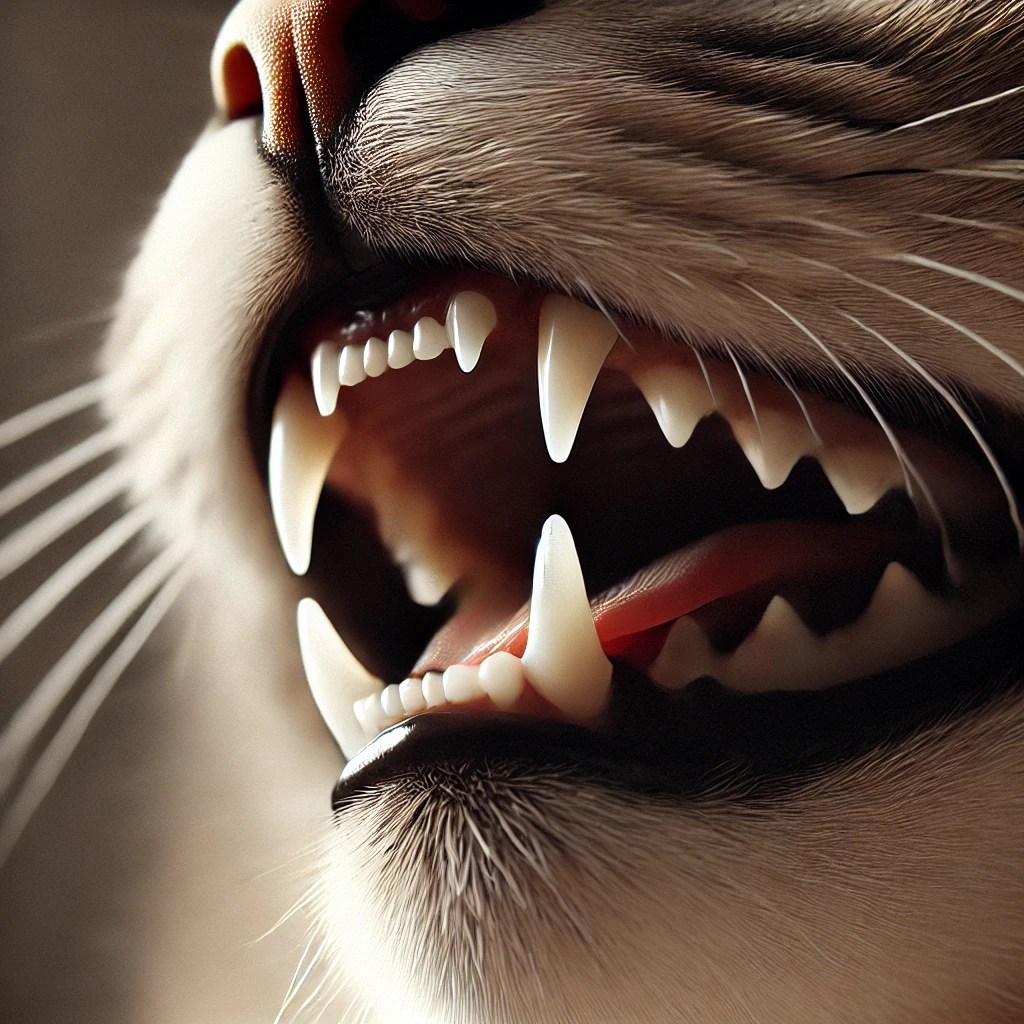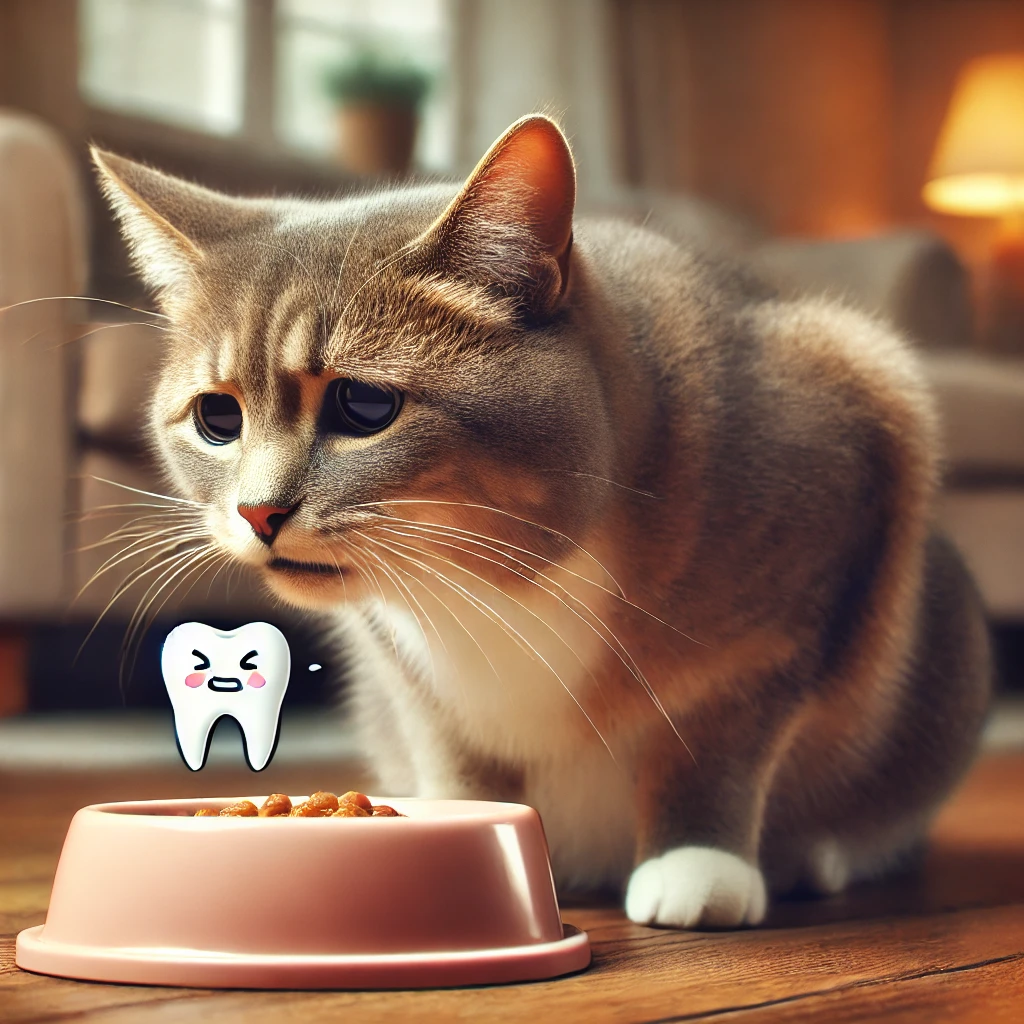Uncover the Importance of Routine Dental Care for Your Cat’s Well-Being
Many cat owners often overlook the critical aspect of their feline's dental health, which can lead to a myriad of serious health complications. Just like humans, cats depend on their teeth being in peak condition to sustain their overall health. The intricate anatomy of a cat's mouth features sharp teeth that are optimized for tearing and cutting food. When dental issues occur, they can severely affect not just their eating capability but can also lead to significant health complications that may compromise their longevity and quality of life, making regular dental care essential for every cat owner.
The prevalence of dental disease among cats is alarmingly high. Research indicates that a vast majority of cats will face some form of dental issue during their lifetime, ranging from minor tartar accumulation to severe conditions like gum disease and eventual tooth loss. These oral health challenges can extend beyond the mouth, leading to serious complications that may affect vital organs such as the heart, liver, and kidneys, highlighting the urgent need for proactive and preventive dental care.

Recognizing the potential dangers associated with neglecting your cat’s dental health is crucial. When a cat develops dental disease, harmful bacteria from these infections can easily infiltrate the bloodstream, spreading throughout the body and leading to chronic health problems. In severe cases, these complications can dramatically diminish their quality of life. Thus, monitoring your cat's teeth and gums is not merely a cosmetic issue; it is a vital aspect of their overall health and well-being that should never be taken lightly.
Identifying Dental Issues in Cats: Key Indicators to Watch For
Detecting dental problems in your cat can be quite challenging, yet certain signs can help you recognize potential issues before they worsen. A significant decrease in appetite, or your cat suddenly turning away from their favorite kibble, is often a telltale sign that something is wrong. Additionally, symptoms like excessive drooling, persistent bad breath, and noticeable bleeding gums all indicate that their oral health is compromised and requires urgent attention from a veterinarian.
Cats are incredibly adept at concealing pain, which makes identifying dental discomfort even more difficult for pet owners. It is essential to remain vigilant and observe for subtle behavioral changes, such as increased irritability, a reluctance to engage in play, or a newfound tendency to paw at their mouth. These behaviors can signify underlying dental distress and should never be dismissed, as early identification is crucial for effective treatment and can prevent further complications.
Regular check-ups with a veterinarian are an indispensable part of ensuring your cat's dental health stays optimal. A qualified vet can uncover dental issues that might not be apparent during routine examinations. Early detection of these concerns is vital, as it allows for efficient treatment before minor problems escalate into serious health hazards that can affect your cat's overall quality of life.
Consider the story of Mittens, a lively tabby who appeared to be in perfect health until a routine veterinary checkup exposed advanced dental disease. Thanks to timely intervention, Mittens was able to avoid severe health repercussions. Real-life stories like Mittens' emphasize the critical importance of not neglecting regular vet visits, even when your furry companion seems to be thriving.
Building a Comprehensive Dental Care Routine for Your Cat
Creating a dental care routine for your cat may initially seem overwhelming, but with the right tools and some patience, it can transform into a straightforward and rewarding experience. First and foremost, selecting appropriate dental products is essential. Invest in cat-specific toothbrushes and toothpaste; using human toothpaste is decidedly unsuitable for your feline friend and could even be harmful to their health.
Once you have gathered the necessary dental care supplies, the next step is to gradually introduce your cat to the brushing process. Cats typically require time to get accustomed to having their teeth brushed. Start by letting them taste the toothpaste, turning the experience into something enjoyable and stress-free. Following this, gently massage their gums with your finger to help them familiarize themselves with the sensation before introducing the toothbrush, which can ease the transition.
Incorporating professional cleanings by your veterinarian should also be a fundamental component of your cat’s dental care strategy. Vets are equipped to perform deep cleaning procedures and address any dental issues that at-home care might overlook. This collaborative approach to dental health can significantly enhance your cat's overall oral hygiene and help prevent future dental problems that can arise without proper care.
If your cat is resistant to tooth brushing, remember that patience is key. Use treats as positive reinforcement and keep each brushing session brief and enjoyable. With time, your cat will adapt to this routine, allowing it to seamlessly integrate into their daily life and contribute to their overall health and happiness.

The Impact of Nutrition on Your Cat’s Dental Health
The significance of diet in maintaining your cat's dental health cannot be emphasized enough. You may be surprised to learn that proper nutrition can enhance the strength of their teeth and promote healthy gums. Certain types of food are specifically designed to help reduce plaque and tartar buildup, effectively giving your cat a mini dental cleaning with every bite they take, which is essential for their oral hygiene.
When selecting food for your cat, consider opting for dental-specific options. These specially formulated products often feature textures that aid in cleaning teeth, providing a noticeable benefit to your cat’s oral hygiene routine. It's akin to giving their mouth a delightful workout! However, while these foods are beneficial, they should serve as a complement to, not a substitute for, regular dental care practices that are vital for long-term health.
Avoid offering sticky or sugary treats that can adhere to their teeth and promote decay. Instead, select treats that are both enjoyable and supportive of dental health. Think of these treats as little allies in your mission to uphold your cat’s oral hygiene, helping to maintain their dental health while they indulge in a tasty snack.
Incorporating dental-friendly foods into your cat’s diet is easier than you might think. Start by mixing a small amount of new food with their regular diet to monitor their response. Always consult your veterinarian to ensure that any dietary changes align with your cat’s specific nutritional needs while enhancing their dental health.
The Article: Dental Care For Cats: Why It’s Important And How To Start Appeared First On Unity Pets.
The Article Was Found On https://limitsofstrategy.com
The Article Please provide the title you’d like me to rewrite. First Appeared ON
: https://ad4sc.com


It’s so true that dental care is often the unsung hero of our cats’ overall health. I find it fascinating how our feline friends rely on their teeth not just for eating, but for their wellbeing and comfort in everyday life. Regular dental cleanings have made a noticeable difference for my cat—she’s much more energetic and seems to enjoy her meals more, which is heartwarming to see.